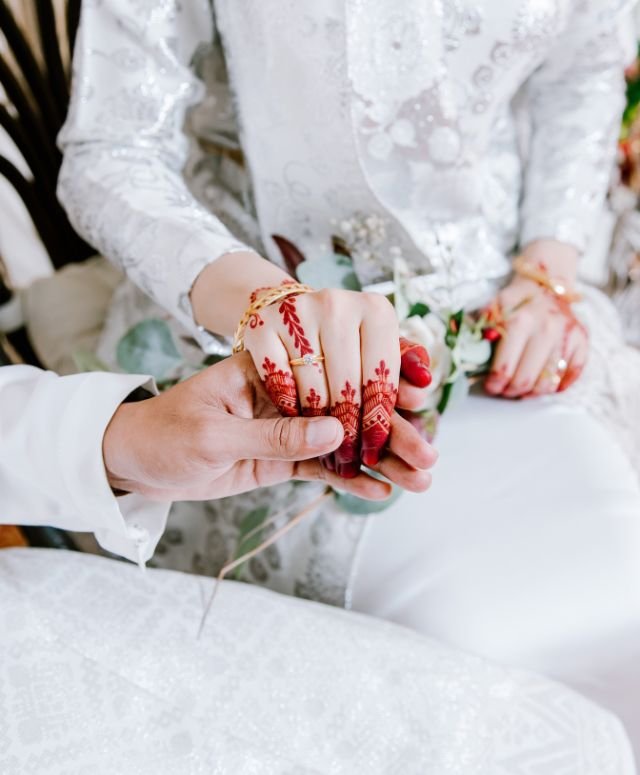Muslim Marriage

Muslim Marriage in Chandigarh
We specialize in providing comprehensive assistance with the “Nikah-Nama” for Muslim couples. Our dedicated team focuses exclusively on this essential aspect of Muslim marriages, ensuring that you receive expert guidance and support throughout the entire process. The Nikah-Nama holds profound significance in Islamic law, serving as the formal marriage contract that outlines the terms and conditions of the union.
With our expertise, you can rest assured that your Nikah-Nama will be meticulously prepared, accurately reflecting Islamic traditions and adhering to all legal requirements. We are committed to ensuring that every Muslim couple receives the necessary assistance to complete this crucial step in their marital journey, allowing them to focus on the spiritual and emotional aspects of their union with confidence and peace of mind.
Documents Required
Proof of Identity: Valid identification documents for both the bride and groom, such as passports, national ID cards, or driver’s licenses.
Proof of Age: Documents that prove the age of both parties, such as birth certificates or government-issued age certificates.
Proof of Marital Status: If either party has been previously married, they must provide proof of divorce or a death certificate of the former spouse.
Mahr Agreement: If applicable, documentation related to the agreed-upon Mahr (dower) amount.
Nikah-Nama Form: The Nikah-Nama form, which is usually provided by the officiating authority or mosque.
Witnesses: Identification documents of the two male witnesses, who must be practicing Muslims.
Wali (Guardian): If the bride has a guardian (Wali), their presence and consent may be required.
Muslim marriage/Nikah Process
Consent: Both the bride and groom must willingly agree to the marriage. Their consent is a fundamental requirement.
Witnesses: Muslim marriages usually require the presence of at least two male witnesses. These witnesses should be of sound mind, mature, and practicing Muslims.
Mahr Agreement: The bride and groom may agree on the “Mahr” (dower) amount during the marriage contract. This is a gift or financial settlement that the groom gives to the bride as a symbol of his commitment.
Offer and Acceptance: The bride’s guardian (Wali) or the bride herself in some cases offers her hand in marriage, and the groom accepts.
Ijab (Offer): The groom or his representative makes a formal offer of marriage, stating the terms and conditions of the marriage.
Qubool (Acceptance): The bride or her representative accepts the offer, and both parties agree to the terms and conditions.
Khutbah (Sermon): In some cases, a brief sermon or advice on marriage and Islamic responsibilities is given by the officiant.
Dua (Prayer): The officiant or imam may offer a prayer for the couple’s well-being and happiness.
Signing the Nikah-Nama: The marriage contract, known as the Nikah-Nama, is signed by the bride, groom, witnesses, and the officiant. This document outlines the terms of the marriage.
Marriage Certificate: A marriage certificate may be issued by the officiating authority, mosque, or local religious institution.
